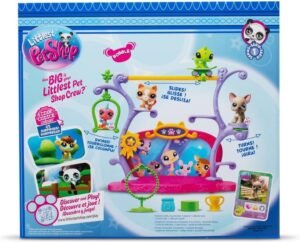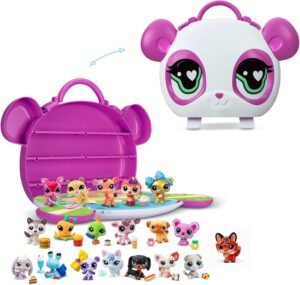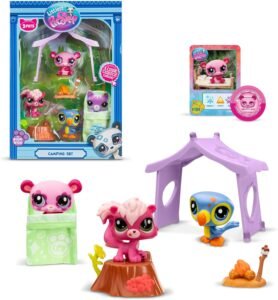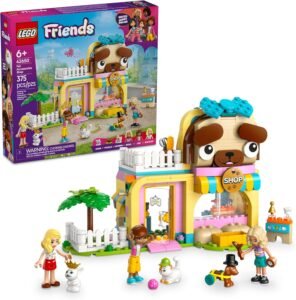Common Housetraining Mistakes include using potty pads, not using positive potty talk, overreacting to accidents, and potty training too early. These mistakes can hinder the house training process and make it more difficult for your puppy to effectively learn where and when to eliminate.
By understanding these common mistakes and avoiding them, you can set your puppy up for success and establish a strong foundation for proper potty training. Let’s explore each mistake in detail and learn how to avoid them for a smoother house training experience.
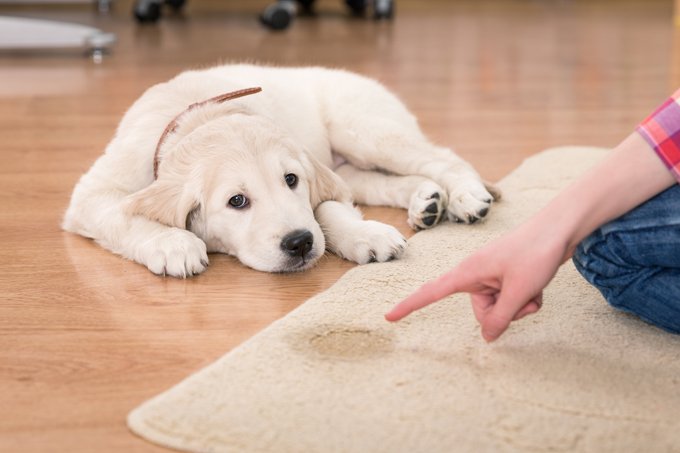
Credit: dogtime.com
Common Housetraining Mistakes
When it comes to housetraining your puppy, it’s important to be aware of common mistakes that many pet owners make. By recognizing these mistakes, you can avoid them and ensure a smoother and more successful housetraining process. Let’s take a closer look at some of the most common housetraining mistakes and how to avoid them:
Not Using Positive Reinforcement
Potty training should always be a positive experience for your puppy. Not using positive reinforcement, such as treats, praise, and rewards, can lead to confusion and slower progress. It’s important to reward your puppy every time they go potty in the designated area. This positive association will motivate them to repeat the behavior and make the housetraining process more effective.
Potty Training Too Early
Starting the housetraining process too early can lead to frustration for both you and your puppy. It’s essential to wait until your puppy is physically and emotionally ready. Signs of readiness include being able to control their bladder, being alert during the day, and showing an understanding of basic commands. Starting housetraining too early can result in accidents and setbacks.
Overreacting To Accidents
Accidents are bound to happen during the housetraining process. However, overreacting or punishing your puppy for accidents can create fear and anxiety, making the training process more difficult. Instead of scolding or yelling, calmly clean up the mess and continue with the training. Remember to use positive reinforcement when your puppy goes potty in the right place to reinforce the desired behavior.
Neglecting Proper Cleaning
Properly cleaning accidents is crucial to prevent your puppy from revisiting the same spot. If the odor remains, your puppy may associate that area with a designated toileting spot. Use an enzymatic cleaner specifically designed for pet accidents to completely eliminate the odor. This will help your puppy understand where they should and should not go potty.
Giving Up Too Soon
Potty training takes time and consistency. Giving up too soon can set your puppy up for failure and lead to long-term housetraining issues. Stay patient and maintain a consistent routine. Remember that accidents are a normal part of the learning process, and with time and perseverance, your puppy will learn to go potty in the appropriate place.

Credit: theonlinedogtrainer.com
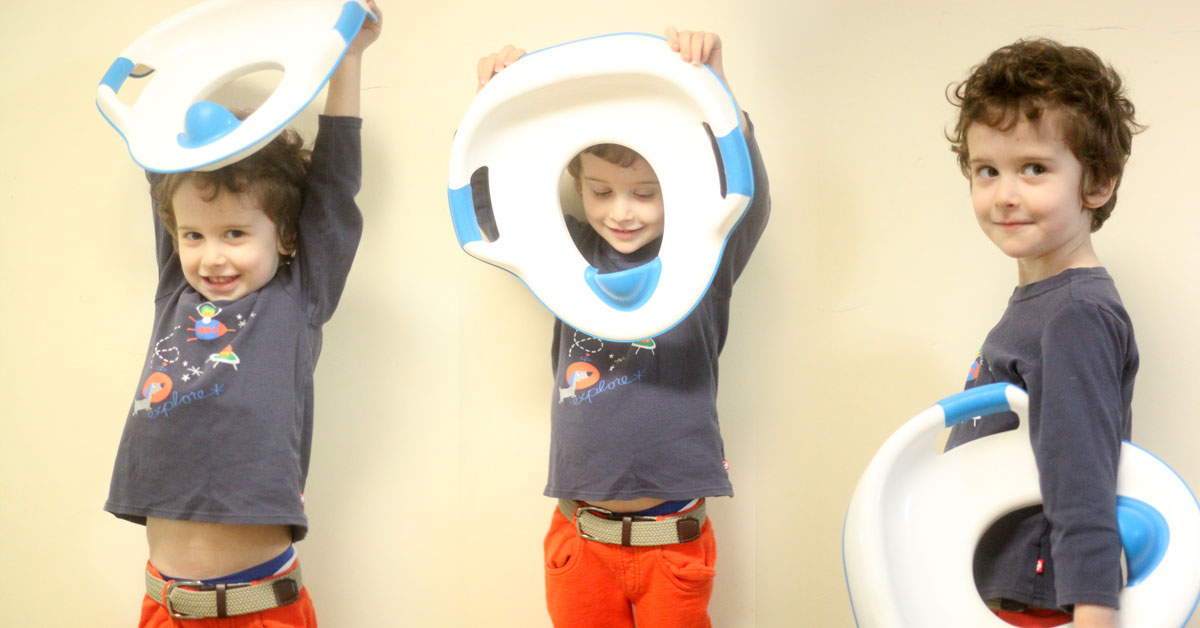
Credit: www.momsandcrafters.com
Frequently Asked Questions For Common Housetraining Mistakes
What To Avoid When Potty Training?
When potty training, avoid using potty pads, not using positive potty talk, overreacting to accidents, potty training too early, and giving up too soon. Also, avoid giving your puppy too much space, neglecting positive reinforcement, not cleaning accidents properly, and not socializing your pup.
What Not To Do When Potty Training A Dog?
When potty training a dog, avoid punishing them for accidents. Instead, clean up the mess calmly. Punishment will only make them afraid and hinder their progress. Stick to positive reinforcement and avoid using potty pads or training too early. Also, make sure to properly clean accidents and socialize your pup.
What Are The Bad Behaviors When Potty Training?
Some bad behaviors to avoid when potty training include: using potty pads, not using positive potty talk, overreacting to accidents, potty training too early, giving up too soon, giving your puppy too much space, neglecting positive reinforcement, not cleaning accidents properly, and not socializing your pup.
Punishing your puppy for accidents will only make them afraid. Regression and emotional issues can also affect bathroom behaviors. Common problems include anxiety, refusal to use the potty, and accidents. It’s important to avoid unearned freedom and skipping crate training.
What’s The Hardest Part Of Potty Training?
The hardest part of potty training can include anxiety, refusal to use the potty, and delaying or avoiding defecation. Children may also have daytime accidents and wet the bed, as well as feel reluctant to use unfamiliar toilet facilities. Avoiding punishment and maintaining consistency are important for successful potty training.
Conclusion
To ensure successful housetraining for your puppy, it is crucial to avoid common mistakes such as not using positive potty talk, overreacting to accidents, and potty training too early. Additionally, neglecting positive reinforcement and not properly cleaning accidents can hinder progress.
Remember to keep a consistent feeding schedule and provide your puppy with appropriate access to the outside. By avoiding these mistakes, you can effectively housetrain your puppy and foster a positive potty training experience for both you and your furry friend.
